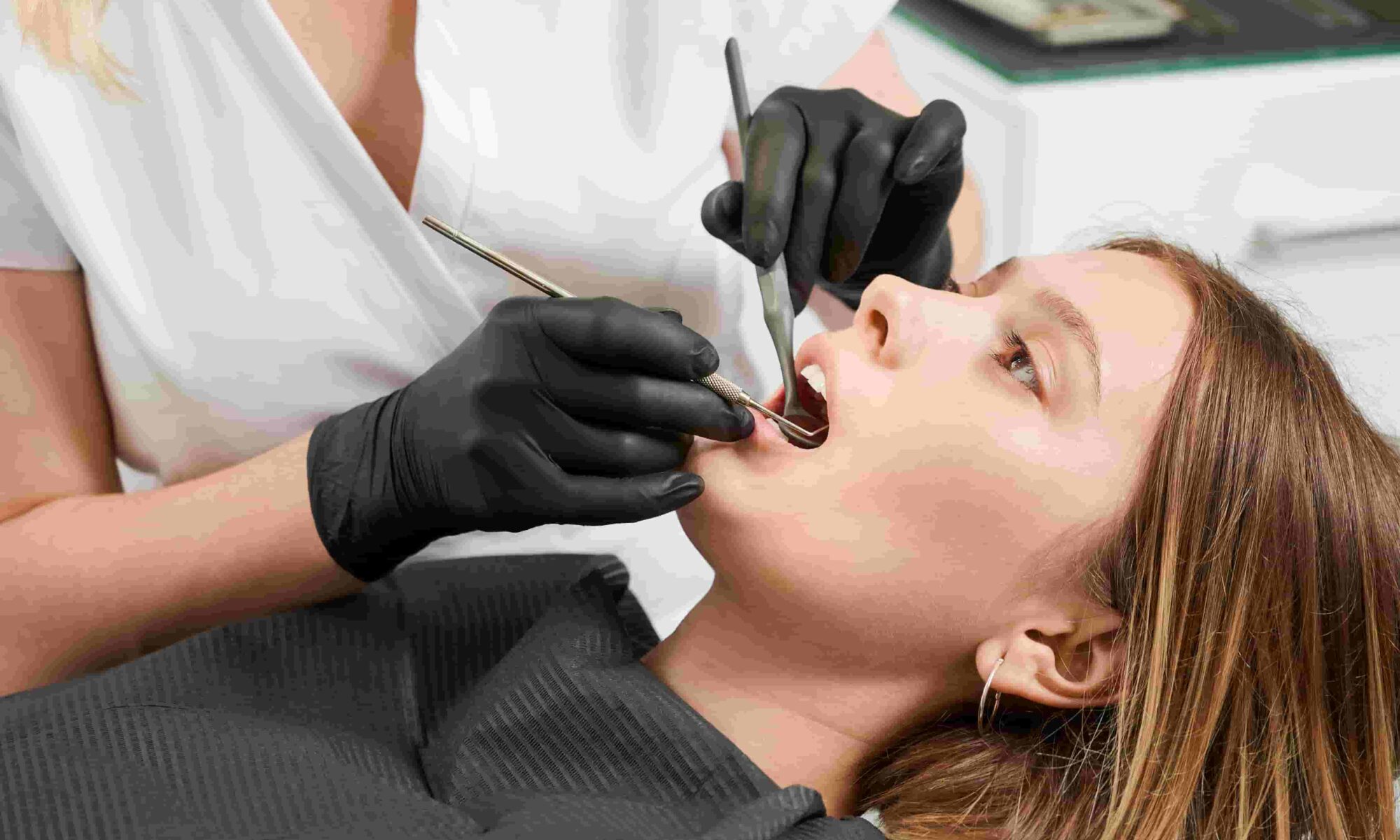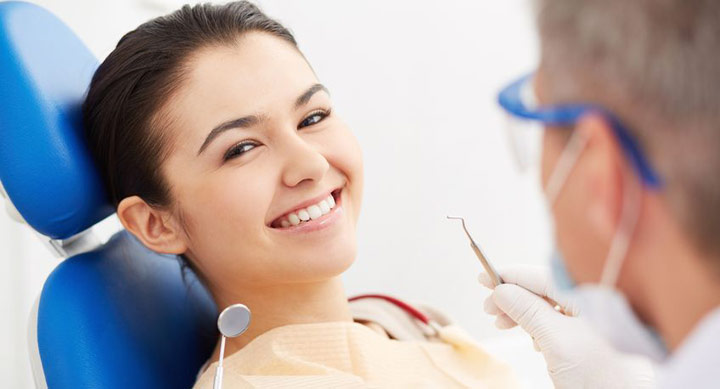There are many occasions when you or family members develop a bad toothache or some other dental issue. At such times we are not sure whether this is an emergency or a normal routine dental problem. While you are under treatment of any one of the dental issues, like restoration of an abscessed tooth, or getting veneers, or dental implantation, the best course of action would be to call our dentist, because he knows about your current treatment and can advise you accordingly.
But when any dental issue arises out of the blue, like you may get injury on your face, or your tooth suddenly develops unbearable pain, it is time to call your emergency dentist, who will ask for more information and then may ask you to come to the office for preliminary assistance.
What are some of the routine emergency procedures performed in dental emergency clinics, or the dental department of general hospital.
What is a dental emergency?
A dental emergency is a situation where the life of the individual is at stake, and which requires immediate attention to stop the tissues from bleeding, or to alleviate unbearable pain, or treat an in infection right away so that it may not lead to further damage to the individual. When the persons airway is threated by the infection or trauma to facial bones occurs, it is considered dental emergency.
How is an emergency dentist different from normal dentist?
An emergency dentist is equipped for, and is trained for the treatment of dental and oral health emergencies, that many people find themselves in. Emergency dentists are allowed to keep the office open at all hours of day and night and admit people as they walk in, as, there is no need for an appointment, so that care and treatment can be given promptly. They have trained staff to quicky schedule an appointment also if the patient can wait till then.
A normal dentist usually has a tight schedule and can see patients only as per schedule, unlike emergency dentist.
The dentists in emergency clinics and dental emergency department of general hospitals are trained to quicky diagnose to determine the line of treatment needed by the patients. Normal dentist may not be able to accommodate patients who require immediate care, because they work on the basis of making arrangements for procedures beforehand. In all emergency situations, prompt and immediate care is important which is part of the training for dentist working in emergency clinics and wards.
Emergency services
Suffering from an injury in and around mouth due to panic created by unexpectedness of the event is scary. The emergency dentists are able to provide treatments for a wide range of dental and oral problems, arising out of unforeseen circumstances. Any issue concerning the mouth and the teeth can be dealt with by the emergency dentist efficiently and quickly.
Generally speaking, everything to do with oral care issues and problems arising out of oral health are the areas of interest for the emergency dentists. Although they treat all dental emergency, the most common ones that they treat in emergency clinic are; Cracked and chipped teeth, Dental abscess, Lost crowns and fallen down fillings.
One of the reasons of getting inflamed gums or abscess in the tooth are injury to the tooth where a crack as developed and the bacteria has entered the roots whereby making it infected and causing pain.
Knocked out or injured teeth:
When you come across an injury to your face, and if you feel pain in your teeth, it is advisable to go to nearest emergency dental clinic or get into ER in any nearby hospital, so that you can get immediate first-aid treatment for the injury to your tooth and it can be saved from further damage.
People who are in vigorous sports, may find themselves in situations, where a tooth has been knocked out or a part of the tooth has broken down and got lost. Sometimes the injury is suffered by the gums making the teeth pain. In all such cases, the individual may get panicked and afraid about what can happen next. He/she should contact the emergency dentist immediately where they can receive preliminary treatment as soon as possible, and then the further treatment can be provided by normal dentist.
Dental abscess causing severe pain:
Oral infections due to various reasons, may get worse suddenly and lead to unbearable pain, because the bacteria has caused a pocket of pus in the tooth that makes the surrounding area red and inflamed. Such an abscess can cause pain which may radiate in area between the ear and the gums. In such a case immediate attention is very important. Here, the best option is to visit the dental emergency clinic where the dentist will check the condition and give preliminary treatment including pain killers.
Lost crowns and dental fillings:
Dental crowns and dental fillings are made to last for a long time, but sometimes, due to whatever reasons, you may find that your crown on a restoration has been lost. Dental fillings also can fall off sometimes. In such a case, your roots are exposed, and may cause pain which requires immediate treatment. The best thing in these cases is to visit your nearby emergency dentist’s office or ER in dental care department where the painkillers can stop the pain for the time being, and emergency treatment can stop the simple issues turning into serious trouble leading to a lot of time and effort. The issues treated thus can be taken over by your normal dentist and continued with the rest of the treatment.
Faulty or imperfect restoration:
Sometimes an emergency situation arises where the restoration has not been done properly. A denture is ill fitting, which is not made according to measurements properly may cause the gums to get irritated and bleed too much. In these cases, emergency dentist will fix the problem temporarily so that the bleeding and pain is stopped and then the normal dentist will carry on to correct the fault.
Adjustment during radiation therapy:
In oncology patients, a problem can arise due to a denture, or any other dental treatment in progress. In such cases an emergency dentist can intervene and removes the denture or any other impediment to the radiation therapy, like orthodontic wire and appliances while orthodontic treatment is on for the patient.







